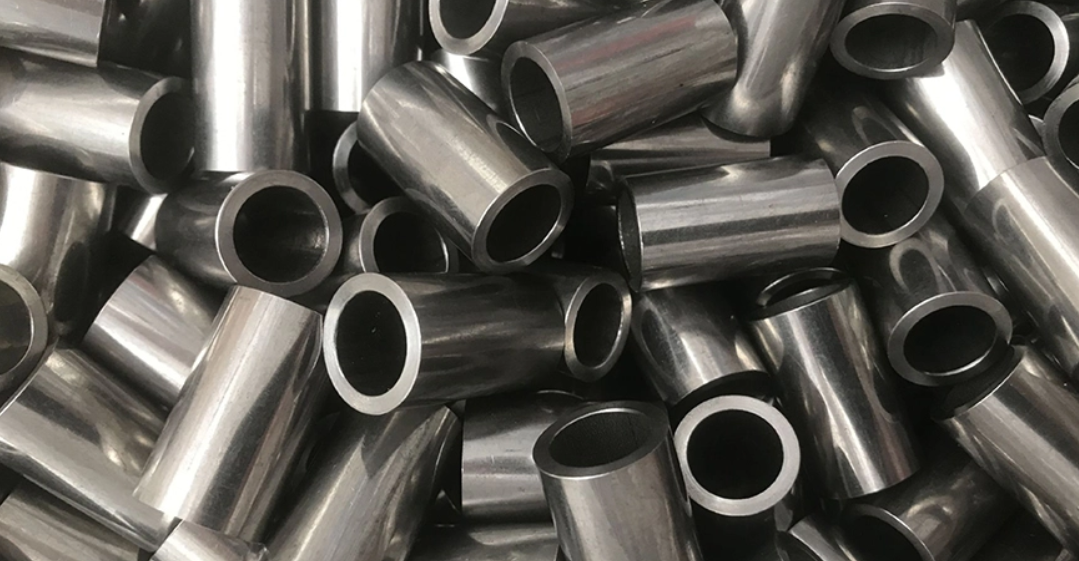Mobile:+86-311-808-126-83
Email:info@ydcastings.com
impeller casing
The Importance of Impeller Casings in Pump Efficiency
In the realm of fluid dynamics, the components that ensure effective movement and management of liquids are crucially important. One such component is the impeller casing, which plays a vital role in the overall efficiency and functionality of pumps. Understanding the significance of impeller casings can shed light on their design, application, and maintenance.
An impeller casing surrounds the impeller, the rotating part of a pump that adds energy to the fluid. Its primary function is to direct the flow of liquid from the impeller while maintaining optimal pressure levels. The design of the casing significantly influences the pump's performance, as it determines how effectively the energy transferred by the impeller is converted into fluid velocity and pressure.
The geometry of the impeller casing is critical. A well-designed casing minimizes turbulence and energy losses while guiding the fluid toward the outlet in a smooth manner. Different types of casings, such as volute or diffuser casings, are utilized depending on the specific application of the pump. Volute casings provide a gradual expansion of flow area, effectively converting kinetic energy into pressure. On the other hand, diffuser casings work by utilizing stationary vanes to slow the fluid down, increasing the pressure more efficiently in certain high-performance applications.
impeller casing

Material selection for impeller casings is another key consideration. Given that these casings are subject to varying pressure and fluid conditions, they must be constructed from durable materials that resist corrosion, abrasion, and impact. Common materials include stainless steel, bronze, and specialized polymers, each chosen based on the fluid type being pumped and the operational environment.
Regular maintenance of the impeller casing is crucial to ensure optimal performance. Over time, signs of wear can significantly hinder the pump’s efficiency. Routine inspections can identify issues like erosion, corrosion, or misalignment, allowing for timely interventions. Cleaning and replacing worn parts can extend the lifespan of the casing and the pump itself, ultimately saving on replacement costs and minimizing downtime.
The importance of the impeller casing also extends into the broader context of energy efficiency and sustainability. In an era where energy conservation is paramount, a properly functioning casing can lead to reduced energy consumption. An efficient pump system minimizes operating costs and environmental impact, contributing to more sustainable practices in various industries, including water treatment, chemicals, and agriculture.
In conclusion, while the impeller and casing are often regarded as mere components of a pump, their design, material choice, and maintenance are integral to the pump’s overall efficiency. Understanding the role of the impeller casing not only emphasizes its importance in the pump design but also points towards the broader implications of energy efficiency and sustainable practices in fluid management systems. As industries continue to evolve, the fascination with optimizing these engineering components will remain at the forefront of pump technology advancements.
-
Understanding Metal Casting TechniquesNewsApr.02,2025
-
Understanding Exhaust Manifolds for Enhanced Engine PerformanceNewsApr.02,2025
-
The World of Metal FabricationNewsApr.02,2025
-
Key Components for Pump and Turbo EfficiencyNewsApr.02,2025
-
Essential Tools for Automotive Maintenance and RepairNewsApr.02,2025
-
Durable Valve Components for Effective Water ManagementNewsApr.02,2025











